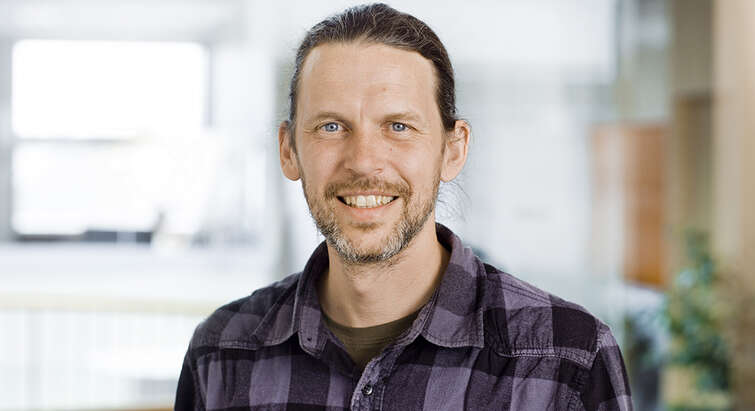
News about Technology
Viser 169 til 192 af 302 dokumenter.


Modern arms technologies help autocratic rulers stay in power

Construction work near the Biocenter

Daisy Newsletter 31 and 32 out

An Anthropology of Futures and Technologies

Energy Futures: Anthropocene Challenges, Emerging Technologies and Everyday Life

Newly appointed professor: Data science can save food research decades

MIAO wins two awards for best paper in 2022

Student project grants 2022/2023

Gene targeting in cell lines
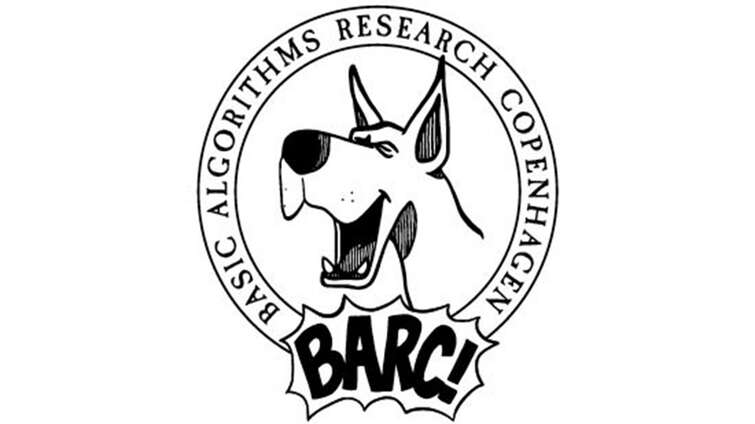
BARC researcher secures EU funding in theoretical computer science
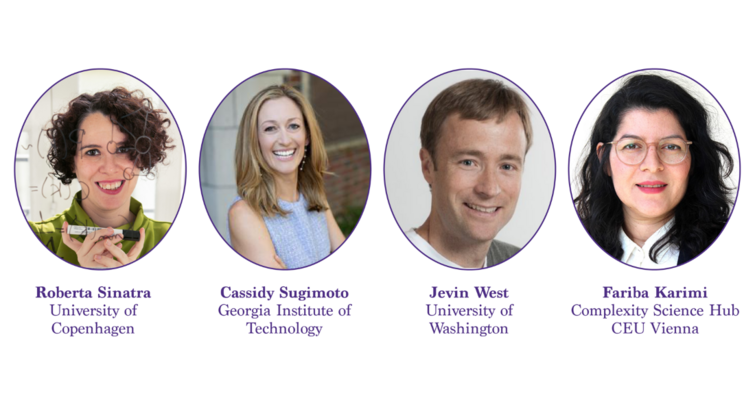
Roberta Sinatra in Northwestern University Panel on “Inequalities in Scientific Production”
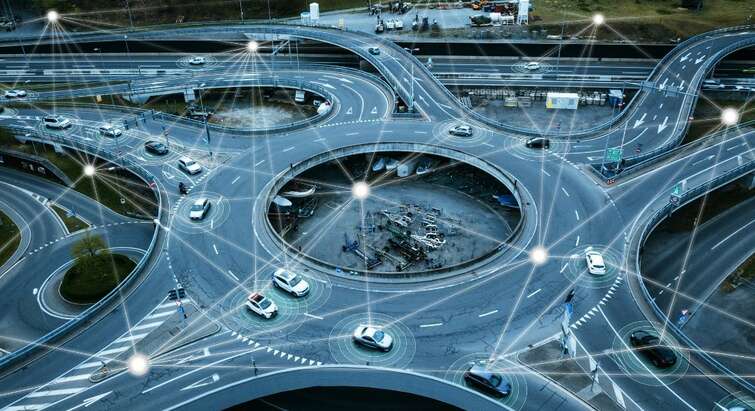
UCPH researcher lauded for superb solution of algorithmic riddle from the 1950s
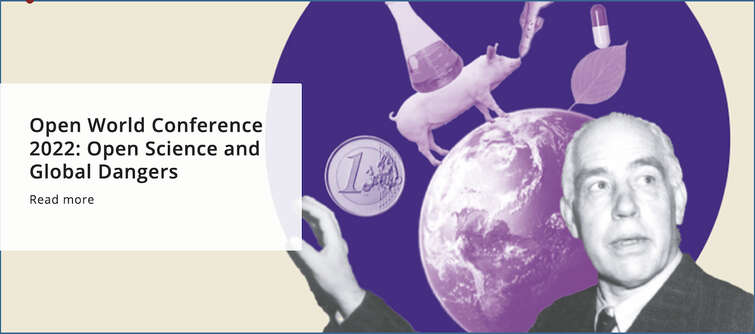
Open World Conference 10-11 Nov. 2022: Open Science and Global Dangers

10 BARC papers accepted for SODA and SOSA 2023

CPH Tech Policy Commitee

Disability and Technology in Africa: Introduction
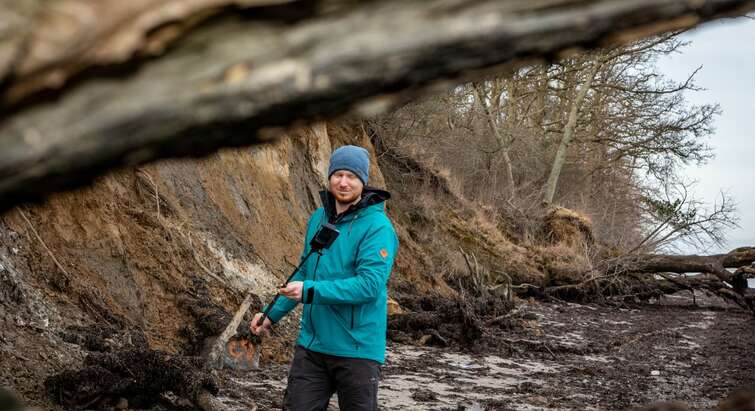
Disappearing coastlines: A smartphone and selfie stick can let us know by how much
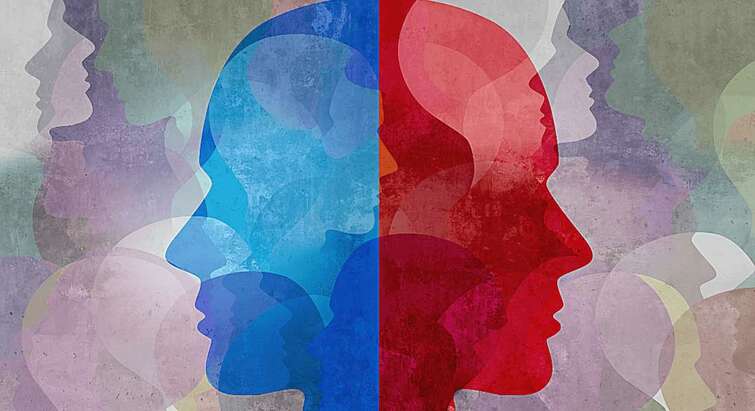
Huge unveiling of schizophrenia brain cells show new treatment targets
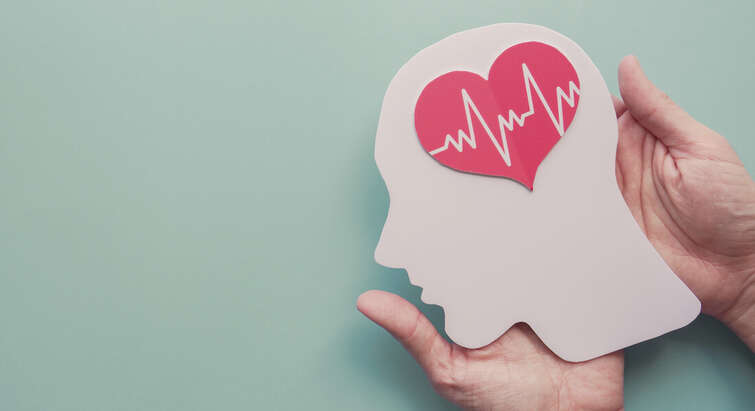
Research project will improve diagnostics and treatment of strokes with artificial intelligence
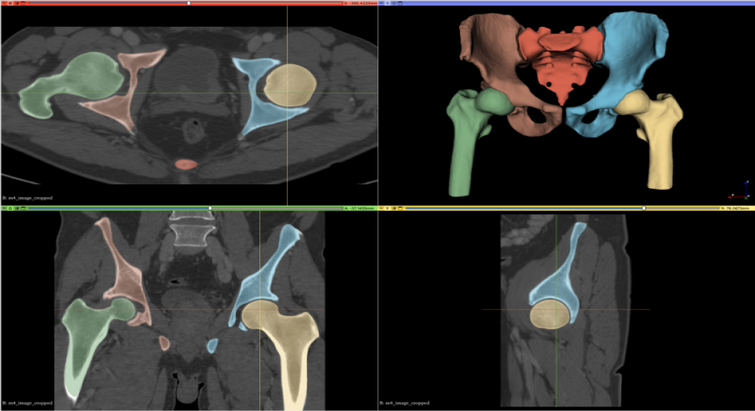
DIKU creates digital twins of the future

Surprising news: Your smartphone can help strengthen your memory

Translational AML trial improves clinical outcome and identifies novel drugs for future treatment

